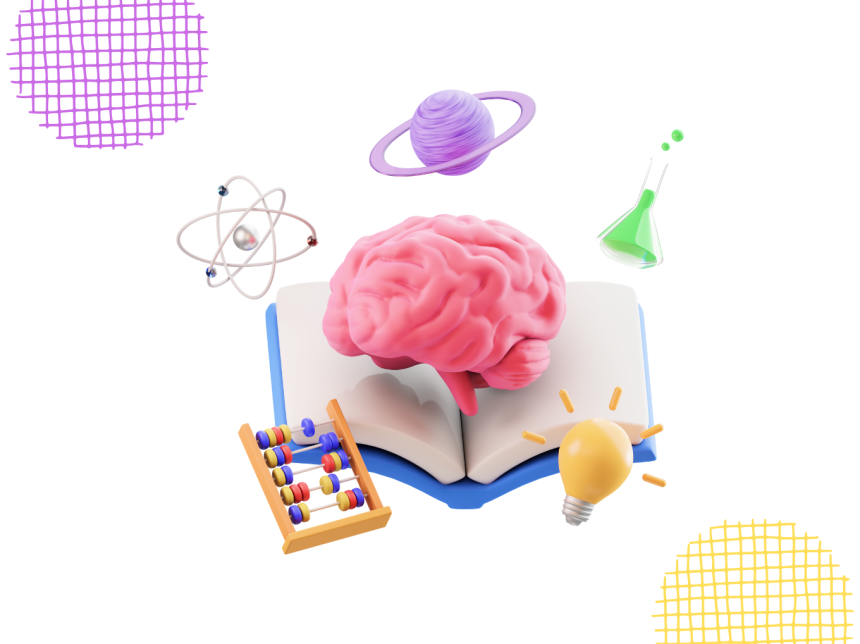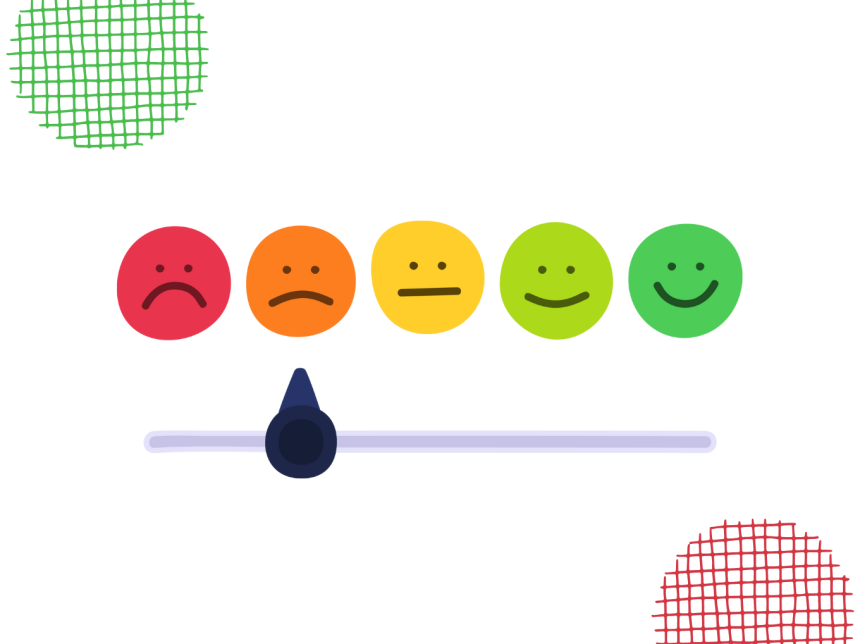
Psychological Resilience and Well-Being: Building Strength for a Healthier Mind and Life
Discover how psychological resilience fosters well-being, reduces stress, and enhances mental health. Learn strategies to strengthen resilience in daily life.
Why Resilience Matters for Well-Being
Every person encounters adversity—whether it’s personal loss, workplace stress, or global crises. Yet some people bounce back stronger while others struggle to cope. The difference often lies in psychological resilience—the ability to adapt, recover, and grow from challenges.
Resilience is not about avoiding difficulties but about transforming hardship into strength. Coupled with well-being, resilience creates the foundation for a healthy, fulfilling life. Together, they determine how individuals maintain balance, purpose, and optimism in an unpredictable world.
Defining Psychological ResilienceWhat Is Resilience?
Psychological resilience is the capacity to adapt positively despite adversity, trauma, or stress. It does not mean invulnerability—it means flexibility, perseverance, and recovery.
Core Characteristics of Resilience
- Optimism – maintaining hope in the face of challenges.
- Emotional regulation – managing stress and negative emotions effectively.
- Problem-solving skills – finding creative solutions under pressure.
- Social connectedness – drawing strength from relationships and communities.
- Purpose and meaning – seeing challenges as opportunities for growth.
The Science of Well-BeingDefining Well-Being
Well-being is more than the absence of illness—it refers to a state of flourishing that includes happiness, purpose, and life satisfaction. Psychologists often describe well-being in two dimensions:
- Hedonic well-being: pleasure, happiness, and emotional satisfaction.
- Eudaimonic well-being: meaning, purpose, and living in alignment with values.
Key Elements of Well-Being
According to Martin Seligman’s PERMA model:
- Positive Emotions – cultivating joy, gratitude, and love.
- Engagement – immersing fully in activities.
- Relationships – fostering strong and supportive connections.
- Meaning – living for a greater purpose.
- Accomplishment – achieving goals and growth.
The Link Between Resilience and Well-Being
Resilience and well-being are deeply interconnected:
- Resilient people experience lower levels of anxiety and depression.
- Resilience fosters positive emotions, which fuel well-being.
- Well-being provides psychological resources (hope, meaning, relationships) that make resilience stronger.
This creates a positive feedback loop: resilience protects well-being, and well-being enhances resilience.
Biological and Psychological Foundations of ResilienceNeuroscience of Resilience
- Prefrontal cortex helps regulate fear and stress.
- Amygdala manages emotional reactions.
- Neuroplasticity allows the brain to adapt and rewire after stress.
Psychological Mechanisms
- Cognitive flexibility – reframing negative events as opportunities.
- Self-efficacy – believing in one’s ability to overcome challenges.
- Optimism bias – focusing on possible positive outcomes.
Building Psychological Resilience
1. Mindfulness and Meditation
Mindfulness strengthens awareness and reduces stress, making it easier to cope with difficult emotions.
2. Cognitive Reframing
Shifting perspectives (“This is a challenge I can learn from”) helps maintain optimism.
3. Emotional Regulation
Techniques like deep breathing, journaling, and acceptance improve emotional control.
4. Social Support
Strong friendships and community ties buffer against stress.
5. Growth Mindset
Believing that abilities can develop through effort enhances adaptability and perseverance.
Promoting Well-Being in Daily LifePositive Psychology Practices
- Gratitude journaling improves optimism and happiness.
- Acts of kindness boost social bonds and emotional satisfaction.
Healthy Lifestyle Choices
- Exercise reduces stress hormones and enhances mood.
- Nutrition and sleep support brain health and emotional stability.
Meaning and Purpose
- Volunteering, pursuing passions, and aligning work with values nurture deeper well-being.
Work-Life Balance
- Prioritizing rest and leisure reduces burnout and supports long-term health.
Resilience and Well-Being Across Life StagesChildhood and Adolescence
Developing resilience early through secure attachments, supportive education, and coping skills fosters lifelong well-being.
Adulthood
Resilience helps adults manage career stress, family responsibilities, and health challenges.
Older Adulthood
Resilient seniors report higher life satisfaction, even in the face of physical decline or loss.
Cultural and Social Dimensions
Resilience and well-being are shaped by culture and society:
- Collectivist cultures foster resilience through social cohesion and interdependence.
- Individualist cultures emphasize personal agency and independence.
- Communities with strong social networks recover more quickly from crises.
Challenges to Resilience and Well-BeingStress and Trauma
Chronic stress or traumatic events can weaken resilience if coping skills are underdeveloped.
Mental Health Disorders
Depression, anxiety, and PTSD challenge both resilience and well-being, though recovery is possible with support.
Modern Lifestyle Pressures
Digital overload, economic uncertainty, and societal change demand constant adaptation.
Future Directions: Building Resilient Societies
- Technology for Resilience: apps for mindfulness, therapy, and social support.
- Education Programs: teaching resilience and well-being in schools.
- Workplace Initiatives: employee resilience training, flexible work policies.
- Global Crises: resilience as a critical skill for climate change, migration, and pandemics.
Resilience and Well-Being as Life Skills
Psychological resilience and well-being are not luxuries—they are essential life skills. Together, they enable individuals to face adversity with strength, maintain mental health, and live with meaning and joy.
By cultivating mindfulness, optimism, strong relationships, and purpose, anyone can enhance resilience and achieve lasting well-being. In a rapidly changing world, these skills are not just survival tools—they are the foundation for a flourishing life.




